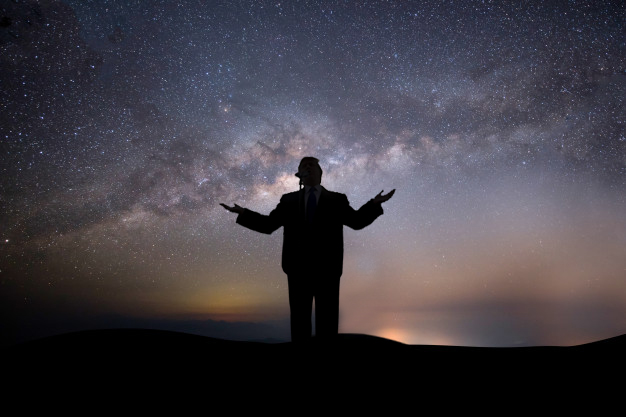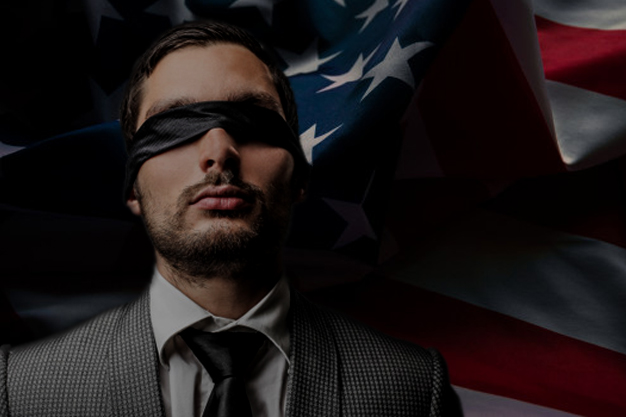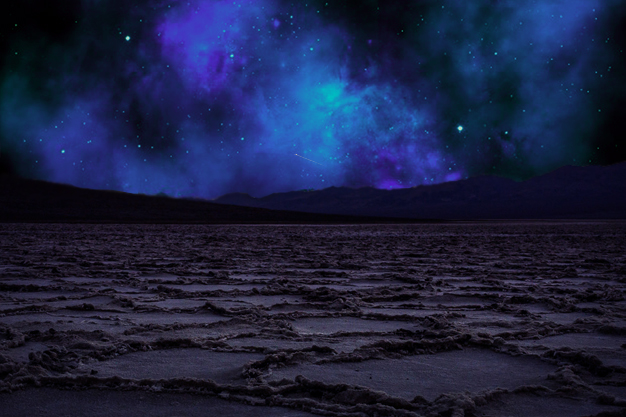This is my society.
Here comes a picture:

Here comes some more text.
Etc
Academic papers fall into one of three chief categories. The three main types are research papers, dissertations, and essays. Research papers are the most common kind of academic paper. These newspapers are generally written to prove a point or to essay writer online present an idea. Dissertations and essays are two other types of academic newspapers and are also written to either support or oppose a particular idea.
In this guide, we will discuss some write my paper for me of the various types of academic writing that you may need to finish. The kinds of academic papers discussed in this article are varied but they all share a frequent goal. This goal is to present information to the reader that’s deemed significant and add to the field of study.
Research papers and dissertations are two very common types of academic writing. A research paper is often required for graduation. When writing a research paper, it is very important to research your topic thoroughly. The study that you conduct should be run with sound reasoning and a solid understanding of your topic. The study should not be based on your personal opinion; it needs to be backed up by proper sources. The bottom line is that your research paper must contribute to the field of your preferred field.
Another frequent type of instructional paper is that the dissertation. The dissertation is a written examination or investigation of a particular matter or a proven fact, which was previously evaluated and can be supported by data and facts. The thesis is the first draft of your dissertation. The thesis is usually given at the start of the writing process and is usually accompanied by a title page, table of contents, introduction, and discussion summary.
Another type of academic papers is the definition papers. Definition documents are written to provide an explanation of an idea, an argument, or an analysis of a subject. Students will compose a definition paper for various reasons such as to obtain grades, do research, write about a private opinion, or to introduce a subject as their senior project. The pupil should always start with a private opinion before researching and writing about a subject in order to support their argument. After the study has been conducted and written, the student must pay for essays then supply a professional evaluation of this topic according to their individual study method, which might consist of private opinion, textbook examples, or a study situation.
The last kinds of academic writing are dissertations and thesis. A dissertation is a formal, written examination. A thesis is a written announcement of a topic or a personal opinion, which can be supported by proper resources. There are various examples of these types of papers including thesis announcements from various disciplines.
The divide of the truth seekers and the blind in the United States of America is now more apparent than ever – on the cusp of what could be the most divided presidential election in U.S. history. Potential Republican nominee Donald Trump, whose view are so extreme that he has garnered the dissent of many from his own Republican party, faces a broad and rising movement for the self-declared democratic socialist, Bernie Sanders. The overwhelming support for Donald Trump among sheltered Americans is evidence of the deep gulf between many U.S. citizens and the realities of the world itself. The United States has long maintained its façade of humanitarian authority around the globe, regardless of a long history of ignoring disapproval from the international community; but with Trump on the verge of nomination for the highest office in the country, that façade is quickly shriveling to reveal the true and frightening nature of too many Americans’ disconnection from the direction of global progress.
The Rise of a Popular Oppressive Isolationist Ideology
Leith, North Dakota, United States of America: domestic extremist Craig Cobb buys property and publicly recruits leaders of white supremacist movements to move to the town, thereby amassing a simple majority to oust the local government and establish a haven for hatred against Jews, African Americans, and other minorities. In an interview with PBS Independent Lens he explains, “We hate that which threatens what we love.” He then elaborates on what he believes is a moral and religious commandment to systematically exterminate all non-Aryan people. Such are the voices that support a candidate like Donald Trump, who publicly condones racism and aggression. Such are the people who incite violence against the innocent and declare war on humans unlike themselves. Such is the corrupt mentality of too many isolated Americans. In the words of the National Socialist Movement member Kynan Dutton, who moved to Cobb’s property, “All [the white supremacists] want in the world is our own separatism, and our ability to live within our own people, to reinforce our own culture. We feel like in the public and in modern society there’s too much of the multiculturalism.”
This is the oppressive isolationist ideology that has given rise to the leading Republican candidate for the president of the United States of America – one who has openly expressed views consistent with those of his supporters: disregard for a global community, festering in self-interest and poisoned, unchecked ego.
The Righteous Progressive Front
Although three lots of land in the small town are still owned by members of the white supremacist National Socialist Movement party, the community of Leith did fight back, and ultimately Cobb and Dutton were forced to vacate the premises. North Dakota is the isolated United States, embedded in the heartland of the nation, where generations of ranchers have raised cattle on the prairie and a new oil and natural gas industry draws citizens to earn middle class wages for blue-collar labor. Leith itself is a town of predominantly white residents who have likely never left the country, let alone visited the ocean, where the edge of the North American continent touches the waters that connect it to the rest of the world. Yet, in spite of their isolation, they have proven united against ignorance. They banned together with Native Americans, African Americans, and other communities to vehemently shun the hate that threatened their livelihoods and their liberty. They are the truth seekers, who, although not granted the privilege or even possess the desire to experience life outside of the bubble they know, realize that the world is bigger than they, and that communal bonds are necessary to preserve the wellbeing of all on planet Earth. They remain hopeful and deserving that the United States one day truly represents and acts upon such values in its global endeavors.
The Crossroads
Some contend that the United States is too large and too divided to ever achieve unity, as evidenced by the social and political schism currently present in the national populace. Two antithetical worldviews clearly dominate a divided people, and November 2016 will determine where the country stands. Will the great American façade of liberty and moral fortitude finally crumble into the cavernous trenches of bigoted, hyper-nationalist policies? Or will the people of the United States prove to the world that a man such as Trump does not represent their voice and their beliefs? However the scale is ultimately tipped, it will remain evident to the citizens of the U.S. and global onlookers that the populace is divided between those blinded by radical, antiquated ideologies and the righteous who see beyond the façade and wish to bring a new face to their nation. It will soon be up to the people to make their decision.
The United States has long held itself in high regard in the public light, claiming to exist as an emblem of democracy and a beacon of hope for oppressed people around the world. The U.S.A., as its leaders have consistently told outsiders and its own constituency, is the moral centerpiece of the global community. Since the ego of the United States runs as deep as its cutthroat capitalist roots, generations of citizens have received the same messages from their governors, senators, and presidents: that the United States in its engagements abroad are simply carrying out moral obligations. Among the people receiving these messages are two bodies of people that make up a divided populace: those who seek the truth, and those who don’t.
The Truth Seekers
The façade that the oppressors in government use to blind its people is a carefully knitted veil of nationalist rhetoric and deceit. Some citizens, however, are globally savvy enough to think critically about what they’re being told and what is actually happening.
It doesn’t take a Ph.D. to conclude that the Monroe Doctrine has historically been invoked to falsely justify U.S. aggression in Latin America and the Caribbean. The United States claims that it is the defender of liberty and holds democracy as its fundamental governing moral, yet a democratically elected President Allende in Chile is assassinated at the hands of the Central Intelligence Agency. More recently, democratically elected Manuel Zelaya of Honduras was ousted in a military coup d’état supported by the U.S. Secretary of State at the time, Hillary Clinton. Critical thinkers look these acts and ask themselves: how can a nation declare “In the name of democracy” and then act in direct opposition to democratic elections in other nations?
Another favorite tag of United States’ foreign policy is humanitarian intervention, or the “defense of freedom.” These claims have backed a controversial engagement in Vietnam as well as military involvement in the Middle East that has led the region to deteriorate into a power vacuum from which has sprung ISIS. Why has the U.S. had no presence elsewhere in the world where humanitarian tragedies have been the norm for generations? Africa, perhaps? The truth seekers see past the cloak presented to the people during the State of the Union Address and in the corporate media; it is not moral obligation that governs the United States’ involvement elsewhere. It is self-interest. The Middle East has a vast reserve of oil – the largest in the world, and the U.S. uses its military force to make sure it has a hand in how things play out in this strategically selected unstable region.
The Blind
Unfortunately, there are many people in the United States who believe the rhetoric of their corrupt leaders. In fact, there are many who support the malicious policies and legislations designed and implemented by their own government to exploit foreign land and people. Why is it so easy for the United States’ governing body to convince its citizens to believe such rhetorical fallacies about its benevolent global presence? The answer might be that the citizenry of the United States simply are not well educated about the world and its goings on. Few adults in the United States have studied global history past the compulsory high school curriculum, and those textbooks are thoroughly whitewashed and riddled with Eurocentric content. Even those who do try to keep themselves up-to-date on world events and U.S. involvement abroad find it very hard to find unbiased sources in the midst of busy lives. Their sources of information are likely one of the 90% of U.S. media that is ultimately owned by only six gigantic corporations, as Business Insider reports. One of those corporations is General Electric. What interest does an energy conglomerate have in managing mass media that includes news coverage of U.S. foreign policy? The truth seekers might begin think, while the blind simply accept.
Beyond television and the media, many of the blind in the U.S. simply have no real-life frame of reference. They don’t know anything other than the customs and worldviews with which they’ve grown up. The U.S. State Department reports that there are approximately 126 million valid U.S. passports in circulation; that’s less than 40% of the United States’ total population. You can’t leave the country if you don’t have a passport. Perhaps this is an indication of why the status quo in U.S foreign policy persists: because a majority of people in the United States couldn’t enrich their perspectives firsthand even if they so desired, and then those same constituents go and cast their ballots from inside their safe bubbles.
Isolationist Country vs. Isolationist People
The United States, in fact, is anything but an isolationist country. The U.S. military and political presence spans the entire planet, engaging frequently in places to which they were never invited. They are the U.S. people who are isolationist. While the powers that represent their nation are out pulling strings, making deals, and barking orders to the international community, the majority of U.S. citizens can’t step across the border out into the world itself. It is this dangerous dichotomy that has allowed the belligerent and corrupt forces of the United States to convince its isolated people that they are acting as the world police, maintaining peace and order throughout a chaotic and frightening planet. Unfortunately, many still believe such nonsense. Some don’t, but it will not be until the people of the United States begin to seek truth that their government will change and the reign of lies will come to an end.
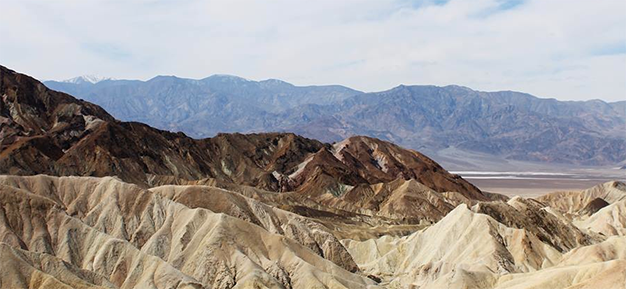 In this land the forty-niners sought their fortunes in the mines, delving deep into the mineral-rich California mountains. In the darkness they toiled for their ores and gems, but was it really Beauty herself that they sought beneath the hills? For the splendor of the crystals they extracted from the Earth was surely tarnished by their thirst for profit and the loss of many lives. The miners, like Icarus, who flew too close to the sun and fell tumbling, were blinded by their search for worth, leaving nothing but scarred mountainsides and the scorched remains of ghost towns long abandoned, left to be reclaimed by the dust; for hubris taints the eye, and what was beheld as beauty was never Beauty herself. Now the only voice that can be heard among the decrepit shacks and rusted machinery is that of the desert wind, carrying now on its whispers the heavy clouds that bring the miracle of rain to a parched land.
In this land the forty-niners sought their fortunes in the mines, delving deep into the mineral-rich California mountains. In the darkness they toiled for their ores and gems, but was it really Beauty herself that they sought beneath the hills? For the splendor of the crystals they extracted from the Earth was surely tarnished by their thirst for profit and the loss of many lives. The miners, like Icarus, who flew too close to the sun and fell tumbling, were blinded by their search for worth, leaving nothing but scarred mountainsides and the scorched remains of ghost towns long abandoned, left to be reclaimed by the dust; for hubris taints the eye, and what was beheld as beauty was never Beauty herself. Now the only voice that can be heard among the decrepit shacks and rusted machinery is that of the desert wind, carrying now on its whispers the heavy clouds that bring the miracle of rain to a parched land.
 The vast blooms of Desert Gold and other flowering desert species that have made the Death Valley hillsides their canvass are among the least frequent phenomena in the United States. Green stems, yellow and purple petals bring life to the unforgiving landscape – one that does possess its own impressive geologic beauty, but that is also exponentially amplified by the super bloom. For this reason tourists abound, flocking from across the country to capture pictures and witness the rare Beauty with their own eyes, proving once again that such rarity affects profound inspiration. For years the seeds have lain dormant in the dry land, but now given the right opportunity, Beauty herself rises up from the soils of the hills and shows her true colors to the world. Such is the way she works, not only in the desert but in every corner of the universe, so be vigilant. She will show herself to you.
The vast blooms of Desert Gold and other flowering desert species that have made the Death Valley hillsides their canvass are among the least frequent phenomena in the United States. Green stems, yellow and purple petals bring life to the unforgiving landscape – one that does possess its own impressive geologic beauty, but that is also exponentially amplified by the super bloom. For this reason tourists abound, flocking from across the country to capture pictures and witness the rare Beauty with their own eyes, proving once again that such rarity affects profound inspiration. For years the seeds have lain dormant in the dry land, but now given the right opportunity, Beauty herself rises up from the soils of the hills and shows her true colors to the world. Such is the way she works, not only in the desert but in every corner of the universe, so be vigilant. She will show herself to you.
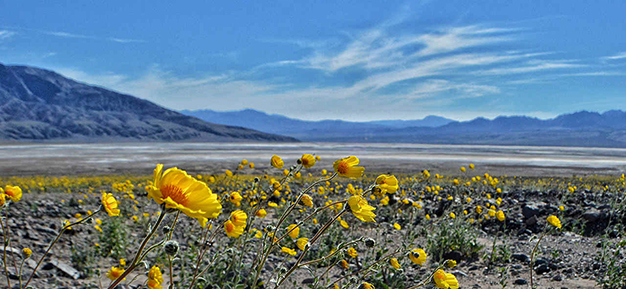 Some may contend that all Beauty is rare, and in some respects that may be true. I cannot deny that when you witness something that is beautiful, you should appreciate it. Love it. Do not disregard it as being common. Stop, if just for a moment, and acknowledge its essence, for it truly is an existence worthy of thanks and recognition. But when a Beauty is unique or you are able to identify it as a definitive rarity, take special note. Whether she shows herself to you through aesthetics or personal interaction, a sensation or a relationship, allow yourself to succumb. Trust that it will make an impression on your memory with the depth of that Beauty itself, for they are these moments of astonishment that carry us forward, if only pushing by way of recollection, in hope that another will one day come.
Some may contend that all Beauty is rare, and in some respects that may be true. I cannot deny that when you witness something that is beautiful, you should appreciate it. Love it. Do not disregard it as being common. Stop, if just for a moment, and acknowledge its essence, for it truly is an existence worthy of thanks and recognition. But when a Beauty is unique or you are able to identify it as a definitive rarity, take special note. Whether she shows herself to you through aesthetics or personal interaction, a sensation or a relationship, allow yourself to succumb. Trust that it will make an impression on your memory with the depth of that Beauty itself, for they are these moments of astonishment that carry us forward, if only pushing by way of recollection, in hope that another will one day come.



